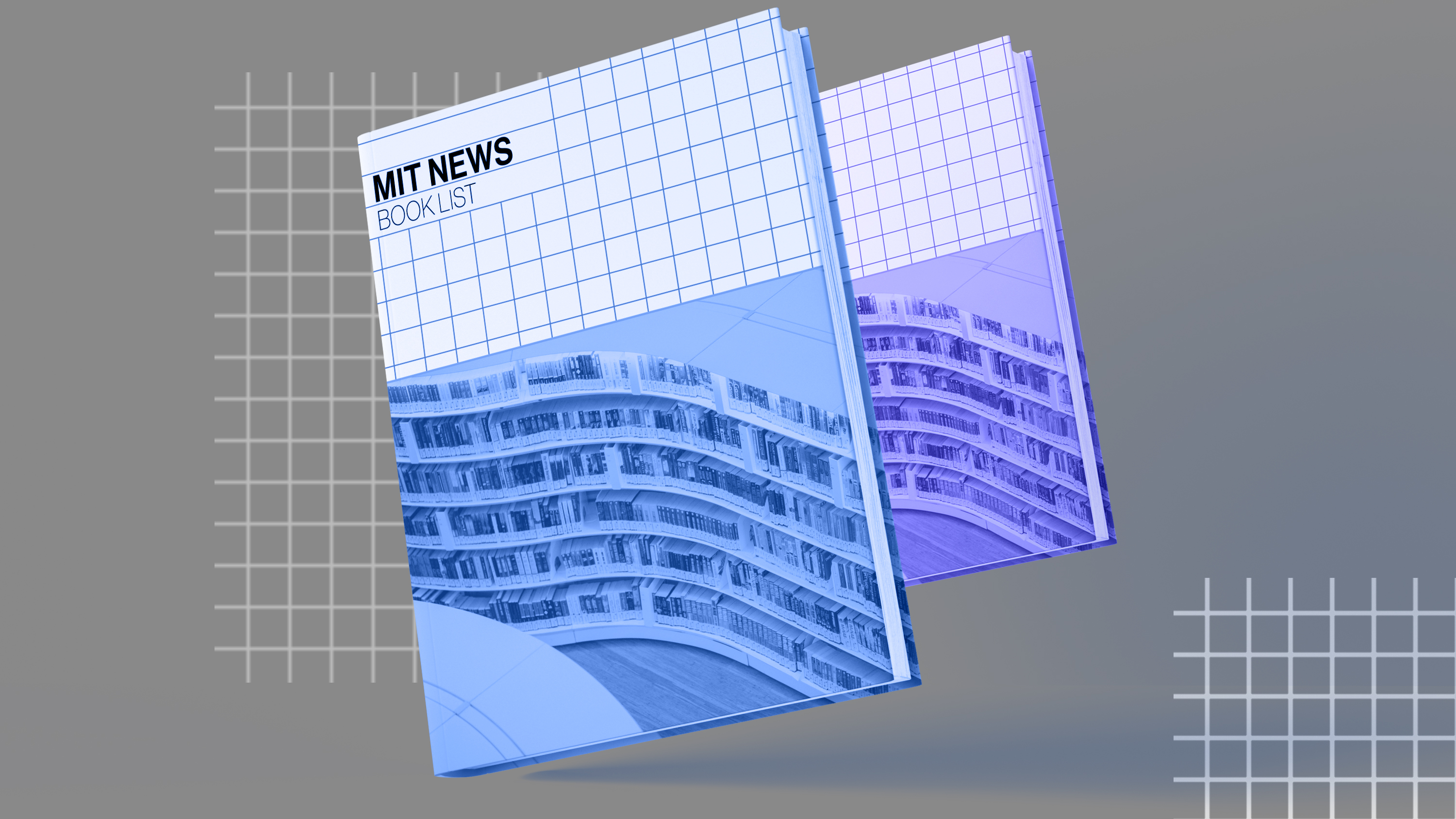Recent books from the MIT community
March/April 2024

Default: The Landmark Court Battle over Argentina’s $100 Billion Debt Restructuring
By Gregory Makoff ’86
GEORGETOWN UNIVERSITY PRESS, 2024, $29.95
Wildland Fire Dynamics: Fire Effects and Behavior from a Fluid Dynamics Perspective
Edited by Kevin Speer, SM ’86, PhD ’88, and Scott Goodrick
CAMBRIDGE UNIVERSITY PRESS, 2022, $125
In the Land of the Unreal: Virtual and Other Realities in Los Angeles
By Lisa Messeri ’04, PhD ’11
DUKE UNIVERSITY PRESS, 2024, $28.95
The Leadership Accelerator: The Playbook for Transitioning into Your New Executive Role
By Ajit Kambil ’85, SM ’89, PhD ’93
MCGRAW HILL, 2023, $28
ADCS: Spacecraft Attitude Determination and Control
By Mike Paluszek ’76, EAA ’79, SM ’79
ELSEVIER, 2023, $127.50
Code Work: Hacking Across the US/México Techno-Borderlands
By Héctor Beltrán ’07, assistant professor of anthropology
PRINCETON UNIVERSITY PRESS, 2023, $26.95
The Fallacy of Composition: Critical Reviews, Conceptual Analyses, and Case Studies
By Maurice A. Finocchiaro ’64
COLLEGE PUBLICATIONS, 2023, $20.50
Fiscal Policy under Low Interest Rates
By Olivier Blanchard, professor of economics emeritus
MIT PRESS, 2023, $40
Send book news to MIT News at MITNews@technologyreview.com or 196 Broadway, 3rd Floor, Cambridge, MA 02139
Keep Reading
Most Popular
Large language models can do jaw-dropping things. But nobody knows exactly why.
And that's a problem. Figuring it out is one of the biggest scientific puzzles of our time and a crucial step towards controlling more powerful future models.
OpenAI teases an amazing new generative video model called Sora
The firm is sharing Sora with a small group of safety testers but the rest of us will have to wait to learn more.
The problem with plug-in hybrids? Their drivers.
Plug-in hybrids are often sold as a transition to EVs, but new data from Europe shows we’re still underestimating the emissions they produce.
Google DeepMind’s new generative model makes Super Mario–like games from scratch
Genie learns how to control games by watching hours and hours of video. It could help train next-gen robots too.
Stay connected
Get the latest updates from
MIT Technology Review
Discover special offers, top stories, upcoming events, and more.